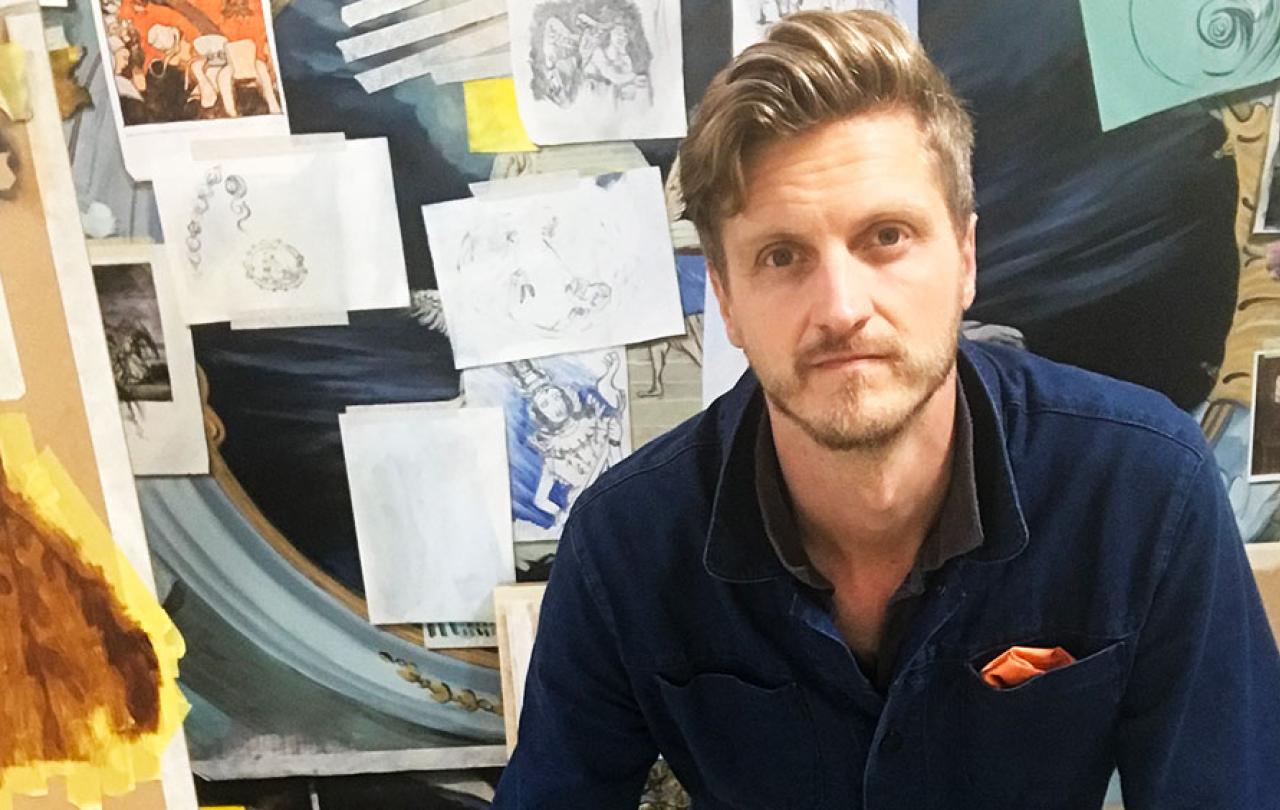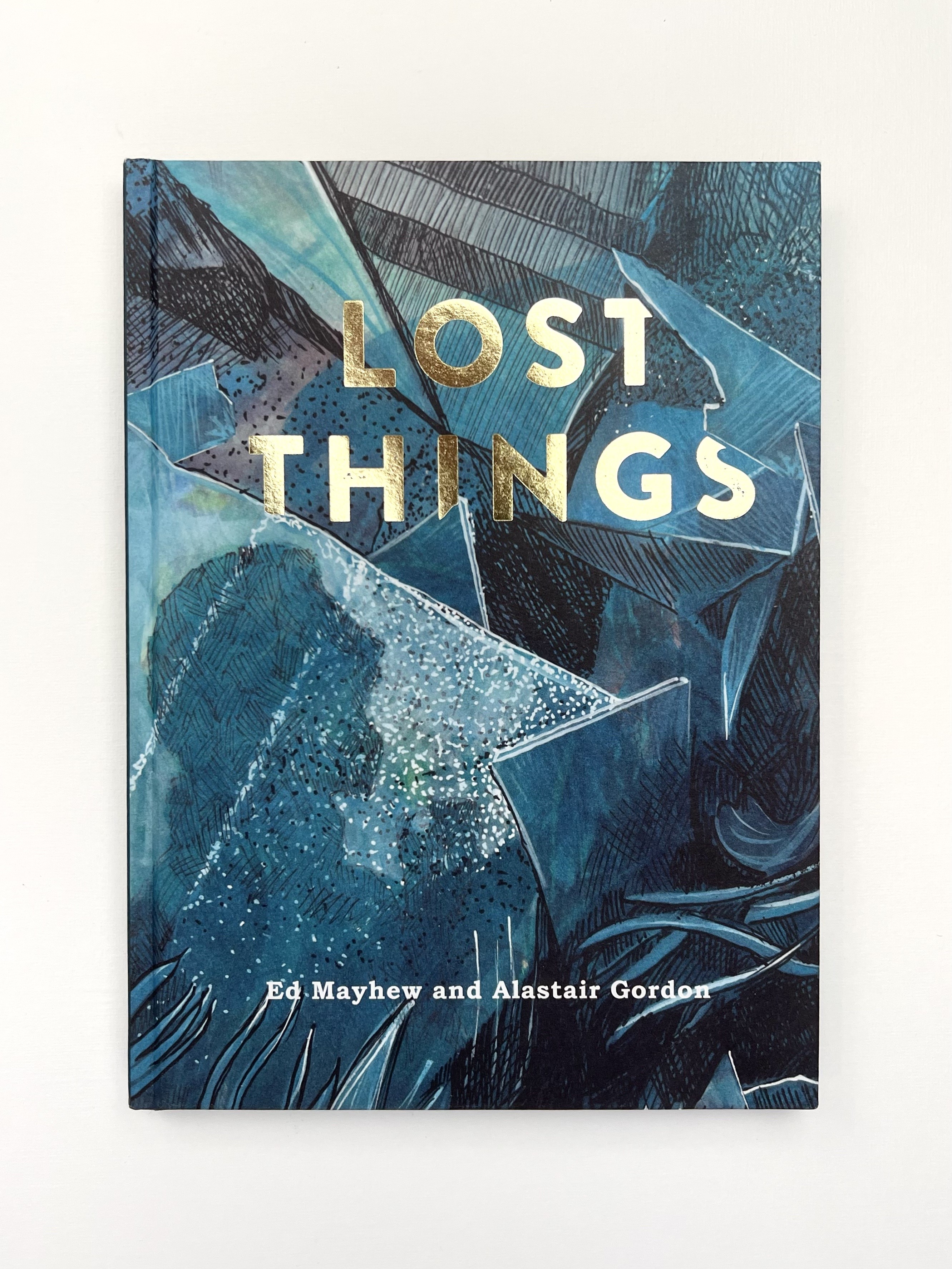
When Marsha de Cordova talks about most issues relating to her work as the Member of Parliament for Battersea, in south London, she sticks to the standard position of her Labour party. Meeting at her constituency office by the busy Clapham Junction railway station, she dutifully defends her party’s government, elected last July. She points to ministers’ work to reform planning and improve renters’ rights as evidence they are making progress.
But when conversation turns to the Assisted Dying Bill currently going through parliament, her tone becomes unmistakeably more urgent and her passion more obviously personal.
The strong feelings mark de Cordova out as one of a group of Labour MPs who have been spurred by personal experience and, in many cases, religious conviction to oppose the Assisted Dying Bill introduced by a colleague, Spen Valley MP Kim Leadbeater. While the legislation is a private member’s bill without official government support, it has been widely seen as reflecting the views of Prime Minister Keir Starmer.
De Cordova, who is Black, expresses similarly trenchant views about the government’s rhetoric on immigration. She is also a strong supporter of rapprochement with the European Union.
However, her views on assisted dying – informed partly by being a committed Christian – are particularly forcefully expressed. She answers tersely, “No, I’m not”, when asked if she is happy about the political capital the new government has expended on the Assisted Dying Bill. She adds that she voted against it at second reading, the first parliamentary vote on a bill. She intends to oppose it again at third reading, before it passes to the House of Lords.
“We didn’t need to expend so much capital on it,” de Cordova says. “The aim now has to be to ensure the bill doesn’t pass third reading.”
Many of the Labour MPs who have opposed the legislation have cited religious objections. In the Cabinet, they include health secretary Wes Streeting and foreign secretary David Lammy, both Christians, and justice secretary Shabana Mahmood, a Muslim.
De Cordova also links her opposition to her disability. De Cordova is registered blind because of nystagmus, in which the eyes repeatedly move involuntarily, disrupting vision. There have been fears assisted people could come under greater pressure than others to seek assisted death.
“As a disabled woman, I’m incredibly concerned,” de Cordova says. “What disabled people need is assistance to live, not to die. That should be our government’s priority.”
“My faith is an integral part of who I am. It really is part of my values, my beliefs, my politics.”
The assisted dying fight has garnered unusual levels of publicity for the Battersea MP, who entered parliament seven years ago when barely expecting to do so. De Cordova, now 49, was serving as a Lambeth borough councillor when the 2017 snap general election was called and decided to seek the Labour nomination for Battersea, then held by the Conservatives.
The seat was one of several Conservative seats in pro-Remain areas that fell to Labour’s surprisingly strong showing in the election in the wake of the 2016 Brexit referendum.
“No one really thought I could win here,” de Cordova says. “Obviously, Brexit I would say played a role in that I’m a strong Remainer.”
De Cordova increased her majority in 2019 and last year’s general election. She sees strong continuities between serving as an MP and her previous role in the charity sector. She had been working when elected as the engagement and advocacy director for the Thomas Pocklington Trust, which supports blind and partially sighted people.
“I didn’t grow up wanting to be a politician,” de Cordova says, of her upbringing in Bristol. “I’ve always had the desire to be making a difference. All of my work before becoming a politician centred around that – being that voice for the voiceless.”
She links her work to her faith. She became a Christian in her late 20s and now attends Holy Trinity Clapham. The church is famous as the spiritual home of William Wilberforce and the “Clapham Sect” of early 19th century campaigners against the slave trade and other social evils.
Her faith has led to her appointment as second church estates commissioner – the liaison between parliament and England’s established church, who answers questions in the Commons on behalf of the church.
“My faith is an integral part of who I am,” de Cordova says. “It really is part of my values, my beliefs, my politics.”
It becomes clear speaking to her that her objections to the policies of the government – and the Assisted Dying Bill, which many of her party colleagues support – are clustered around areas involving challenges to fundamental rights.
She objects to the Assisted Dying Bill because she sees it as part of a steady erosion of disabled people’s rights.
“The issue will have a hugely, hugely disproportionate impact on disabled people,” she says. “That, for me, is a no-no.”
Provision for disabled people was “hollowed out” under the last Conservative government, she says.
“That, for me, will always be the issue,” de Cordova says. “I want to campaign and fight for full equality for us.”
She also views immigration issues through the prism of immigrants’ rights.
Asked if she wishes the government took a less hostile tone on the issue, she replies: “From my perspective, when I think about immigration, I tend to think about it in a compassionate way.”
She calls for the establishment of “safe routes” to ensure people fleeing persecution can claim asylum from outside the UK, without making dangerous Channel crossings. The government has shown no signs of introducing such rights.
“Let’s think about immigration in a positive way,” de Cordova says, adding that her grandparents were immigrants to the UK from the Caribbean. “The Tories and the right have always tried to portray it as a negative. It’s not always a negative.”
For de Cordova, the unglamorous role of church estates commissioner forms part of that pattern of advocating for the voiceless.
The job entails dealing with every aspect of MPs’ questions about church life, including the status of historic buildings and other less obviously morally important questions.
However, de Cordova, who was appointed a month before publication of the Makin Report on the church’s handling of abuse by John Smyth, is clear the church has urgent problems to resolve.
The Makin Report has to be a “turning point”, she says.
“I understand steps are being taken to address the challenges,” de Cordova says. “They need to set out over time how they’ll ensure such abuse never happens again.”
The campaigning approach is part of de Cordova’s wider philosophy. She says she has faced many challenges as a result of her disability and tried to overcome them.
“I want to ensure that I can break down the barriers for people coming after me, so that people don’t have to face those same experiences,” she says.
Join with us - Behind the Seen
Seen & Unseen is free for everyone and is made possible through the generosity of our amazing community of supporters.
If you’re enjoying Seen & Unseen, would you consider making a gift towards our work?
Alongside other benefits (book discounts etc.), you’ll receive an extra fortnightly email from me sharing what I’m reading and my reflections on the ideas that are shaping our times.
Graham Tomlin
Editor-in-Chief







